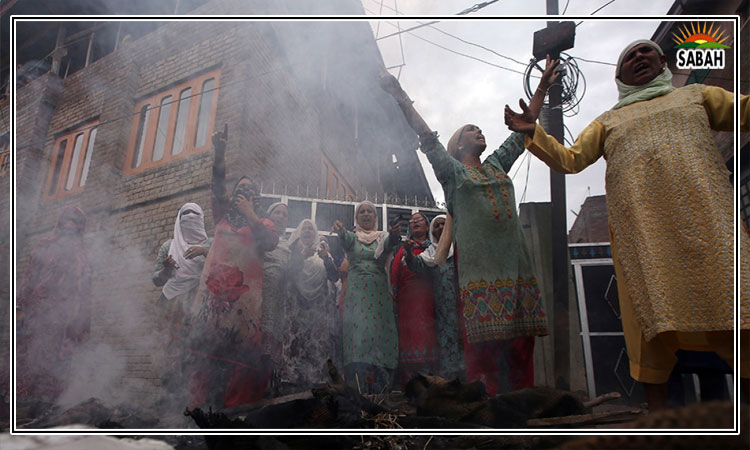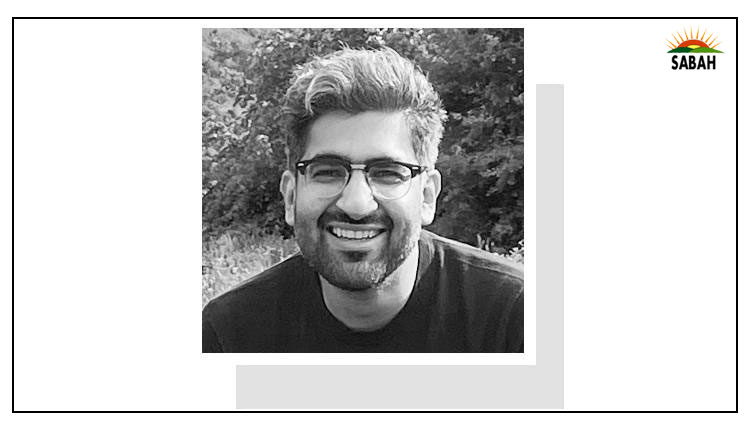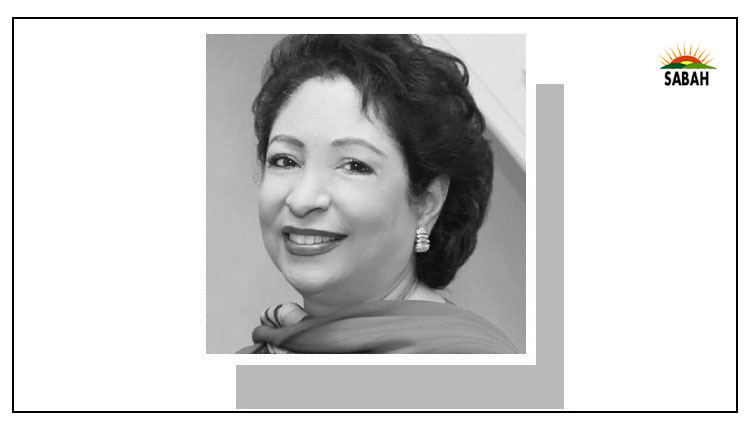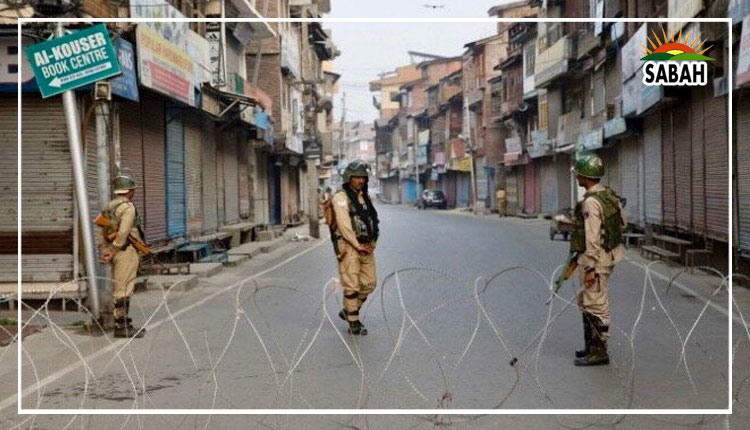Police have launched a comprehensive census to collect personal data, including details of foreign visits & suspected links to militant groups from residents of the region
SRINAGAR, Jan 28 (SABAH): In a surprising turn of events, the Jammu and Kashmir police have launched a comprehensive census to collect personal data, including details of foreign visits and suspected links to militant groups, from residents of the region. This initiative has raised concerns about its legality, possible misuse and constitutionality.
While the rest of India postponed its national census due to the COVID-19 pandemic in 2021 and then the general elections, Jammu and Kashmir launched its census drive, raising concerns about its legality and purpose. Under the Indian Census Act, only the office of the Registrar General of India and Census Commissioner is authorised to conduct a census.
The Census Act, of 1948 specifically prohibits other agencies, including state governments or private organisations, from conducting censuses or population enumerations on their own. In addition, the Act guarantees the confidentiality of the information provided by respondents and prohibits its use as evidence in court. Experts are, therefore, of the opinion that the involvement of the Jammu and Kashmir Police in this census is questionable as it contradicts the existing legal framework.
While the amended census rules allow researchers access to micro-data, they stipulate that it must be anonymised and the use of sensitive and personal information must be restricted. Therefore, according to legal experts, the recent actions of the Jammu and Kashmir Police violate these legal requirements. Residents in the Kashmir Valley have reported that police officers have been visiting households, distributing forms and asking residents to provide personal information.
The forms distributed by the police, obtained by Kashmir Times, ask for detailed information about the head of the family, family members living outside the region, their ages, contact details, Aadhar numbers, vehicle registrations, information about CCTV cameras installed and enquiries about family members associated with militant activities.
Second page of a two-page form with identification numbers marked by the Police. The numbers have been hidden for protecting the identity of the residents, who shared the form with Kashmir Times. Residents must also provide photographs and the longitude and latitude coordinates (geo-tagging) of their residences. The lack of transparency in the operation has unsettled many residents in the region. It is still unclear under what authority this operation is being carried out and its actual purpose.
The forms distributed by various police stations bear the heading “Census 2024” and are labelled with the name of the respective police station or the police post. Although the forms issued by the various police stations differ slightly, the information requested from residents is standardised.
Despite the fears and anxieties associated with this action, few residents are willing to speak openly about it. Many fear consequences if they resist or voice their concerns publicly. The invasive nature of the questions and the intrusion into private lives have left residents deeply unnerved.
The government has argued that the “Census 2024” is aimed at minimising property damage and protecting residents in case of security incidents or law and order situations.
According to the government, the data collected will help security forces obtain accurate information and complement the army exercise that has already been completed. The police have also stated that the operation will facilitate services such as passport verification. An unnamed senior police official was quoted in a report by the Indian Express as describing the operation as a “census” conducted “every four years.”
It says that the sources within the security apparatus suggest that similar surveys have been taking place since 2019, but are now being systematically organised due to the increase in targeted killings.
This is not the first time that such data collection initiatives have caused concern in the region. Last year, a similar “census” form distributed in Srinagar led to allegations of political profiling by security agencies.
Some residents in Jammu earlier had even taken matters into their own hands and resisted a similar “census” conducted by officials from a private agency. In November 2023, residents in a locality stopped and chased away people claiming to be officials of the Jammu Municipal Corporation. The incident was shared on social media platforms, highlighting the sensitivity of such data collection.












